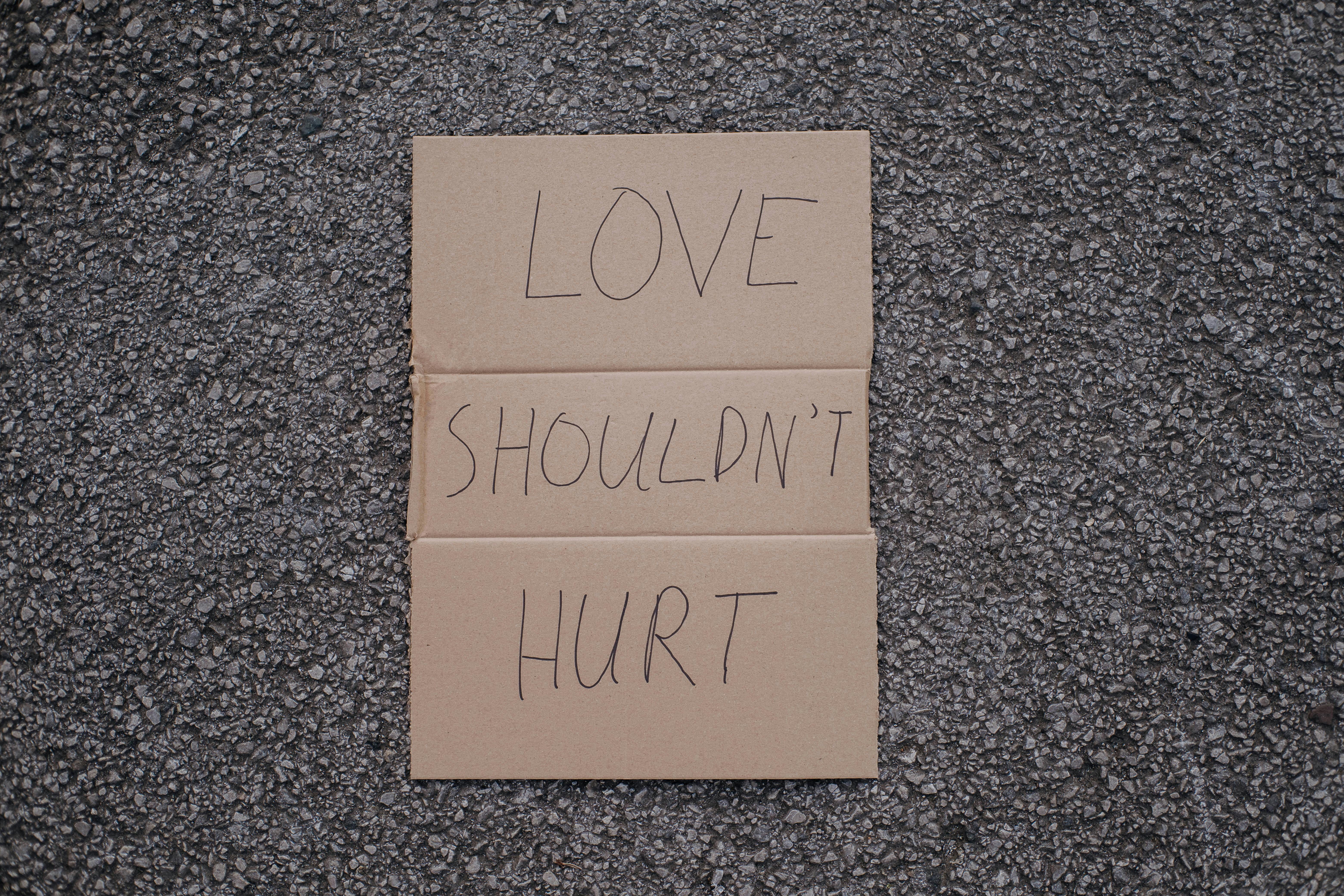
Licking your elbow
Okay, I’ll remain open to the remote possibility that among the people reading this article, one of you May be able to lick your elbow. Some people can do strange things. However, for the most part, I suspect neither of you can lick your elbow. I’m not talking about just licking the side of your elbow. I’m talking about bending your arm as much as you can and solidly licking the bottom (pointed tip) of your humerus where it connects to the ulna and radius (the part of the elbow that your spouse uses to hit you when you behave inappropriately). or make a strange comment in front of others).
How many of you stopped reading and tried to lick your elbow?
This is what I predict. Most of you reading this just tried to lick your elbow. And most of you couldn’t do it. Whatever … I’ll take a chance and predict that none of you could do it! Also, I suspect that you will try to lick your elbow a few more times and then give up. You will accept the reality that you cannot lick your elbow and then you will go ahead and use your time and energy on things that you can do.
I brought up the topic of elbow licking because trying to do this is similar to what many of the people I talk to try to do over and over and over again every day. The number one complaint I hear from clients and prospects is: “There is not enough time in the day to do everything.” Let’s briefly analyze this comment:
- The amount of time in a day is relatively repaired. It only varies a second or two a year on the rare occasions that scientists adjust the atomic clocks used to maintain our time standard in order to keep them in sync with the Earth’s rotation around the sun. These adjustments are called leap seconds and are generally made on June 30 or December 31. This one-second adjustment has only occurred 23 times since they started doing it in 1972 (the only two-second adjustment was in 1972). By the way, there was a one second adjustment on December 31, 2008. The bottom line … you can usually count on 31,536,000 seconds to do everything each year. That, as they say in algebra, is a given or known factor. Hold that thought for a moment.
- The other significant factor related to this comment is “everything”, as in the “everything” you need to do.
Well, now we default to the principle so clearly articulated in the Serenity Prayer. You know, the part about “accepting the things we can’t change, changing the things we can, and having the wisdom to know the difference.” For all practical purposes, we cannot change the weather. It is not a variable that we can influence. It’s really not a variable at all unless the “things we have to do every day” involve quantum activity (those of you working on the Large Hadron Collider can skip this article). That leaves only one strategy to solve this problem … work on the “things we have to do” factor. In other words, discover ways to adjust your daily workload.
Once you accept this reality (and actually stop trying to lick your elbow), you can do two things:
- Remove some items from your “to-do” list (pretty solid evidence suggests that about 80 percent of the items on your list don’t matter anyway). This is the effectiveness strategy: are you doing the right things or can you delegate some things to others?
- Learn how to get things on your list done in less time. This is the efficiency strategy: do things right. Do you need to improve your skills related to recurring tasks?
Do the right things and do the right things! I admit, this is all a textbook, Juran, Deming, Six-Sigma, Management 101 things that have been around forever. These are relatively simple ideas that worked in the past and work now …if you finally decide to take action on it. When I hear someone constantly say that they “don’t have enough time to do everything,” it makes me think of the Peanuts character, Charlie Brown, and his futile efforts to kick the ball while Lucy is holding it. She always yanks him away just before he kicks her. Charlie goes on and on trying to do the same thing that never works. Lucy throws the ball away at the last minute each time. It’s like trying to lick your elbow. It’s like trying to overload your day, over and over again, and thinking that it will work.
The moral of all this rhetoric (with the recent political campaign season, I’m even more verbal than usual right now): If you find yourself constantly overloaded, stop what you’re doing and remember that your best strategy is to accept that. you can not create more time in a day and focus on what you can do to solve your problem. Attack the workload side of the equation by eliminating things, delegating things, or improving your skills related to getting things done on your list.
Or you can try licking your elbow. Do what makes the most sense to you.